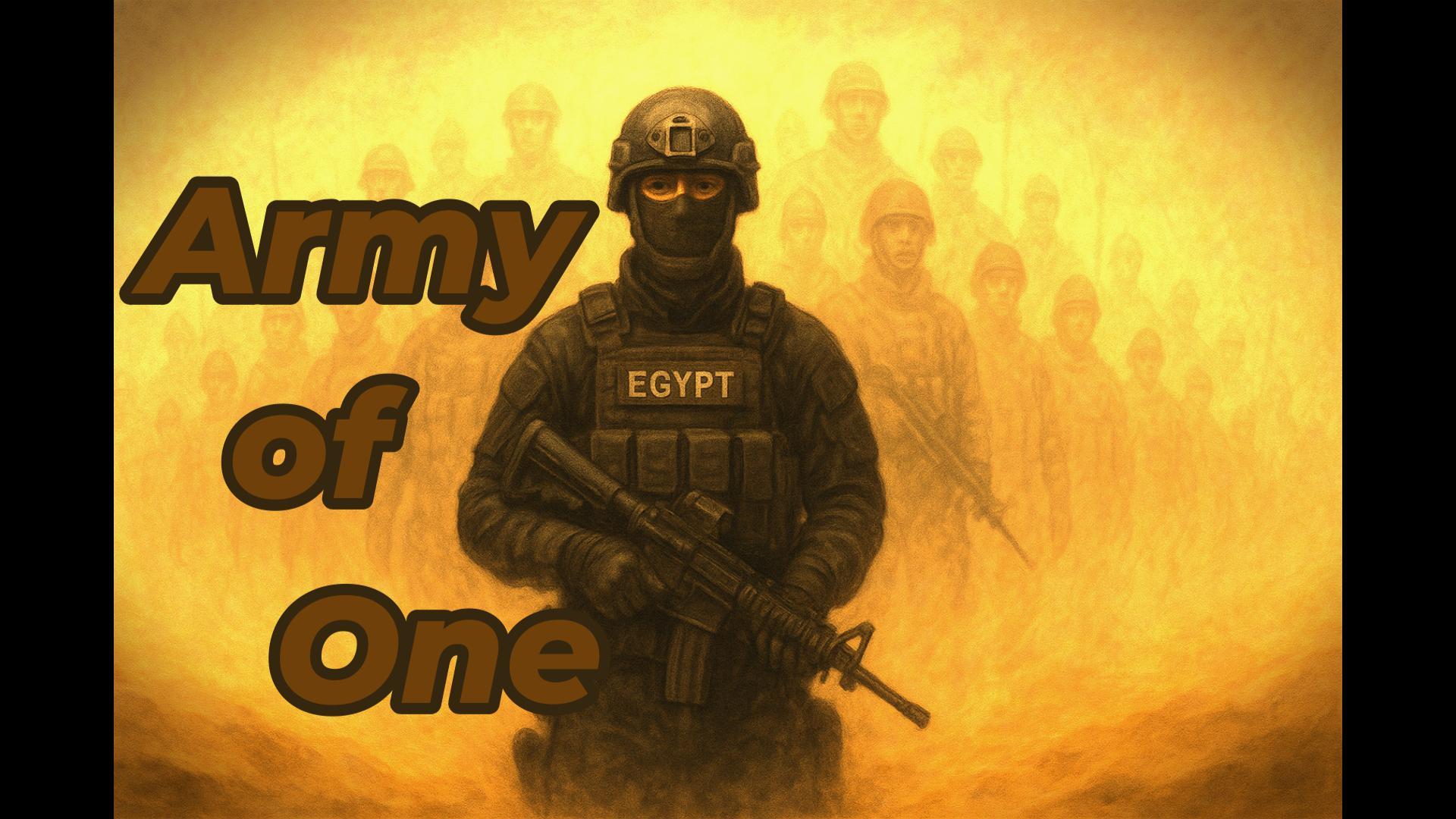The Phantom of Mitla’s Pass
In war, some victories are counted in land and lives. Others are remembered in legends. This is one of those stories.
Six Years of Waiting
After the 1967 Six-Day War, Egypt lost not only the Sinai Peninsula but a piece of its pride. For six years, Sinai sat under Israeli control, guarded behind the seemingly invincible Bar Lev Line—a wall of sand, concrete, and hubris.
Israel believed the barrier was untouchable and managed to convince the world the same. Egypt, humiliated but unbowed, spent those six years planning, preparing, and mourning in silence. Until October 6, 1973—the Day of Crossing.
In six hours, Egyptian forces did what many thought impossible. They shattered the Bar Lev Line lies and flooded across the Suez Canal. Decades later, Egyptians would still call it a miracle. Six years of national grief, turned into six hours of righteous fury.
But the war had only begun.
The Desert Fights Back
Sinai is vast. The Bar Lev Line was just the gate. To reclaim the entire peninsula, Egypt would have to press deep into Israeli-held territory. But Israel was not about to surrender its prize without a fight.
Just over a week later, on or around October 14, the Israeli Army prepared to strike back. Their goal: retake the initiative and punch through Egyptian lines via the Mitla Pass, a narrow but strategic route deep in the desert.
Israeli armor moved into the pass under cover of darkness, confident that the area was still under their control. Soldiers played music. Some joked over the radio. The air was thick with overconfidence. After all, they were elite. And who would dare stand in their way?
Then, without warning, the road ahead erupted in flames.
The Ambush
At first, the Israelis thought it was a mine. A fluke. A mechanical error. But then another blast hit. Then another. The laughter disappeared. The music stopped. Before they could even grasp what was happening, seven tanks were already gone.
Israeli soldiers scrambled to respond, confused and panicking. They were under attack—but by who? According to intelligence, the Egyptian Army shouldn’t have even reached this far.
Gunfire erupted from the cliffs. Shadows moved. But no clear enemy was in sight. The narrow pass turned into a trap, a slaughterhouse echoing with screams and explosions. Radios screamed for reinforcements. The myth of Israeli superiority cracked under every bullet.
Paratroopers were deployed by air to support the ambushed armor units. But as they landed, the situation only worsened. The Egyptians seemed to multiply. Every ridge became a sniper’s perch. Every dune, a deathtrap. The Israelis began to whisper that they were fighting ghosts.
In a way, they were.
The Truth Revealed
As the chaos dragged on, one Israeli soldier—his name lost to history—broke off from his unit and flanked the Egyptian positions. He crawled through dust and blood, determined to end the nightmare.
What he found left him stunned.
There was no Egyptian unit. No squad. No battalion. The fighters who had brought the Israeli force to its knees were already dead, their bodies strewn across the sand.
All except one.
Among the fallen, one Egyptian soldier was still moving—not retreating, not hiding, but fighting alone. He moved between the bodies, picking up weapons from his slain comrades and fallen enemies alike. He used their rifles, their grenades, their cover. He had turned the dead into his arsenal.
One man. Holding off an entire Israeli force. Tireless. Fearless. Burning with a mission only he understood.
His name was Sgt Sayed Zakaria Khalil.
An Army of One
Zakaria fought like a man possessed. Not for survival—but for something deeper. Honor. Memory. Pride. For the six years that his country had been humiliated. For the brothers who had fallen in the dunes before him.
He was no longer just a soldier. He had become the war.
But even the most relentless warrior cannot fight forever. The Israeli soldier raised his weapon. Zakaria was shot in the back—not in a duel, not in a charge, but silently, fatally. The battle at Mitla’s Pass ended not with a roar, but a final breath.
The silence that followed was heavier than the gunfire that came before.
Respect From the Enemy
The Israeli soldier who killed him buried Zakaria with honor, using his own hands, fired twenty-one shots into the sky—a salute for a warrior who had no comrades left to fire it for him. Years later, he carried Zakaria’s belongings to the Egyptian Embassy in Germany, telling the story of Sgt. Sayed Zakaria Khalil—a hero once forgotten, and unknown.
⚠️ Note: Sgt. Zakaria Khalil’s final stand has been told in different ways—some say he was flanked and killed by a single soldier, others that he was surrounded and overrun after running out of ammunition. What all accounts agree on is his unmatched courage, and that he fought alone for hours, refusing to surrender.
A Legend Lives On
Zakaria Khalil was not part of a massive battalion. He wasn’t armed with state-of-the-art equipment or protected by layers of strategy. He was just one man, standing between his homeland and a machine that believed it couldn’t be stopped.
And yet, he stopped it. For hours. Alone.
He’s remembered today not just because he fought—but because he refused to fall before his mission was done. His story lives on as a symbol of the forgotten warriors, the nameless brave, and the fierce spirit of a people who refuse to surrender.
Zakaria may have died that night, but Egypt did not.
Because in that pass, with fire in his hands and ghosts at his side, Zakaria Khalil became more than a man.
He became an Army of One.

